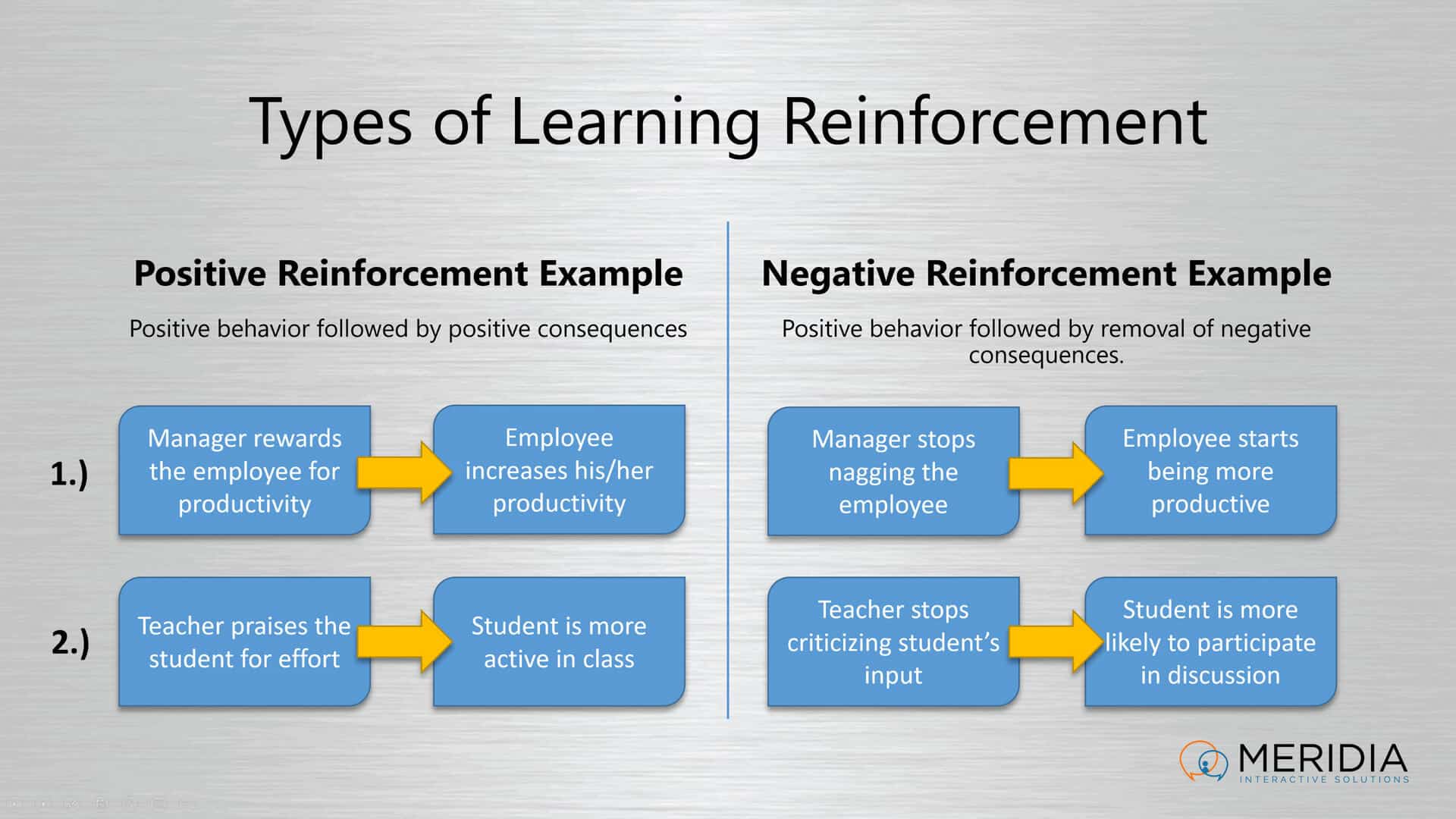Press Button A to Save a Life
What is stress? Let’s see: How about police or military personnel finding themselves faced with difficult shoot/no-shoot decisions. To be sure, the possibility of getting shot is definitely a cause of stress, and the symptoms of stress in those situations are very clear. Time horizons contract and the immediacy of the situation can overwhelm all else; the fight or flight impulse can take over, sometimes with disastrous effects.









